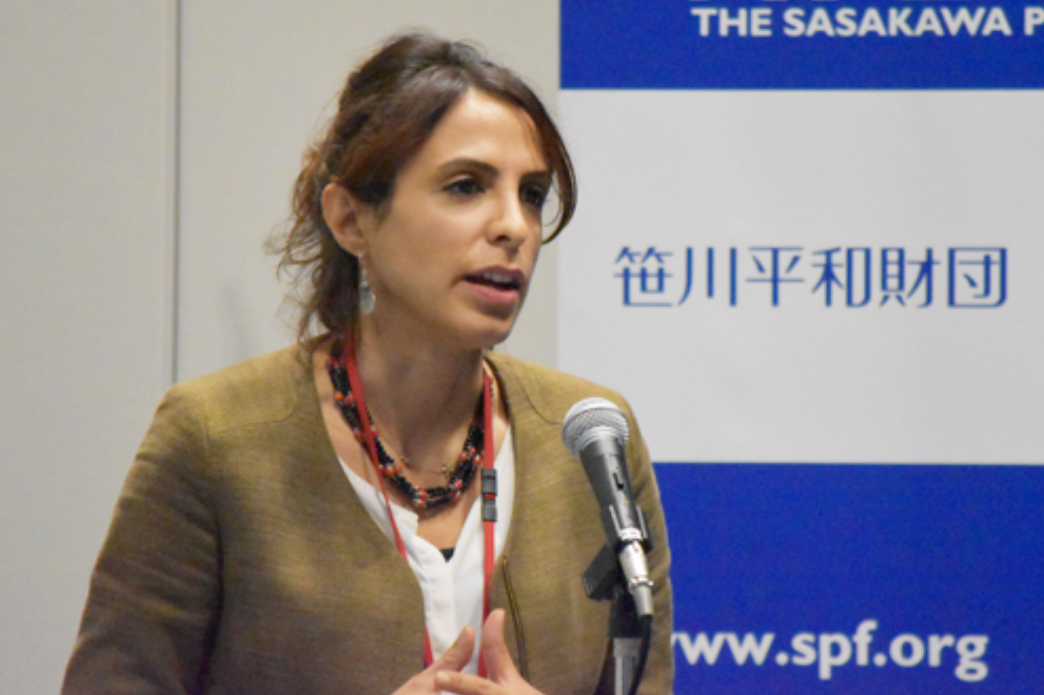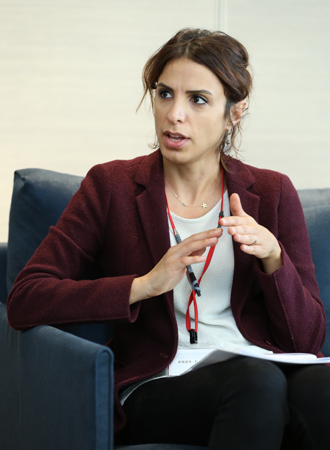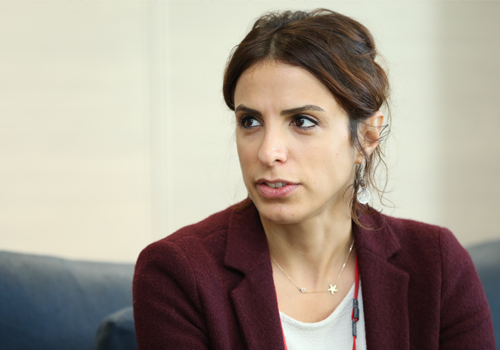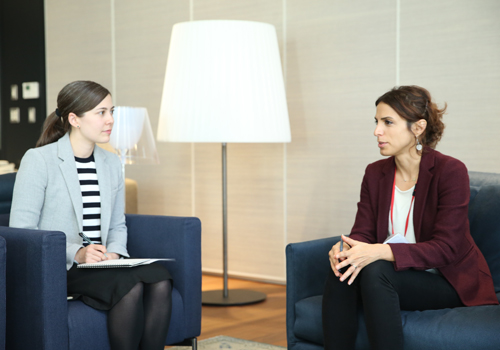The securitization of Alevis is not unique to the AKP era however. The Turkish state has always seen Alevis, together with communists and Kurds, as internal enemies. Persecution of communities that can be placed under the umbrella term of Alevi stretches to the Ottoman era, and they were regarded then by Sunni orthodox ulema (Muslim clerics) as heretical then too. However, even in the ostensibly secular Turkish Republic, Alevis continued to face periodic bouts of violence by the state, such as during 1937-1938 in the province of Dersim when there was mass ethnic cleansing of Alevis – we don't really know the exact numbers, but estimates of those murdered range from 10,000-70,000 – and by rightist mobs often facilitated by the state. In that sense, violence against the Alevis is not new. However, previously, owing to the secularization of the legal framework, the Republican project still held the promise in theory, even if not realized in practice, of an equal citizenship. What is unprecedented now it that the whole nature of the regime is changing under the AKP.
Now I'd like to turn a bit more to your work with Sasakawa Peace Foundation. First, how did you became involved with SPF?
Dr. Lord: I applied for a two-year fellowship at what was called the School of Interdisciplinary Area Studies, which is now being renamed as the Oxford School of Global and Area Studies (OSGA), at the University of Oxford. They have the two-year Sasakawa Peace Foundation fellowship that matches a Japanese fellow with a British scholar. I applied to do the British-based one, and in September 2016 I began that program. I was very happy to do so because on a very personal note, my husband is half Japanese so I was very happy to deepen my connection with Japan.
How has your time in the SPF fellowship impacted your research, your career, or the direction that you've taken since then?
Dr. Lord: There were a number of major outcomes for my research undertaken both individually and collaboratively. During the SPF fellowship, my fellowship counterpart and I decided that we would focus on the past and present challenges for minorities in the Middle East and together we organized a workshop and a major international conference for which we had over 300 applications and over 30 speakers with the subject of rethinking sectarianism, nationalism, and ethnoreligious politics and mobilization in the Middle East. We will publish a special issue on sectarianism in the British Journal of Middle Eastern Studies based on selected papers from the conference. I am proud to say the special issue will include distinguished Japanese scholars of the region such as Professor Keiko Sakai and Professor Yasuyuki Matsunaga. So one outcome for me has been this collaborative output including publications and conferences as well as the increasing collaboration with Japanese colleagues. This engagement has been very positive for me, I've been learning a lot, and hopefully I will get another opportunity to come to Japan to build on theses collaborative efforts. An important vision of the SPF fellowship is to encourage this collaboration and I also believe that British and Japanese academics working on the region can learn from each other's varied experiences in doing research in the region.
Other major outcomes in terms of my individual work is that I developed a new project based on the research I undertook during my SPF fellowship, which looks specifically at the types of transnational networks that are developing with different minority communities that come under the umbrella term of Alevi. Based on this, I was recently awarded a British Academy post-doctoral fellowship for three years, so I'll be extending this research. This is testament that there was a huge amount of value that came out of the two-year SPF fellowship. I was also able to write and publish my first book during the fellowship, which is titled Religious Politics in Turkey: From the Birth of the Republic to the AKP and was recently published by Cambridge University Press.



